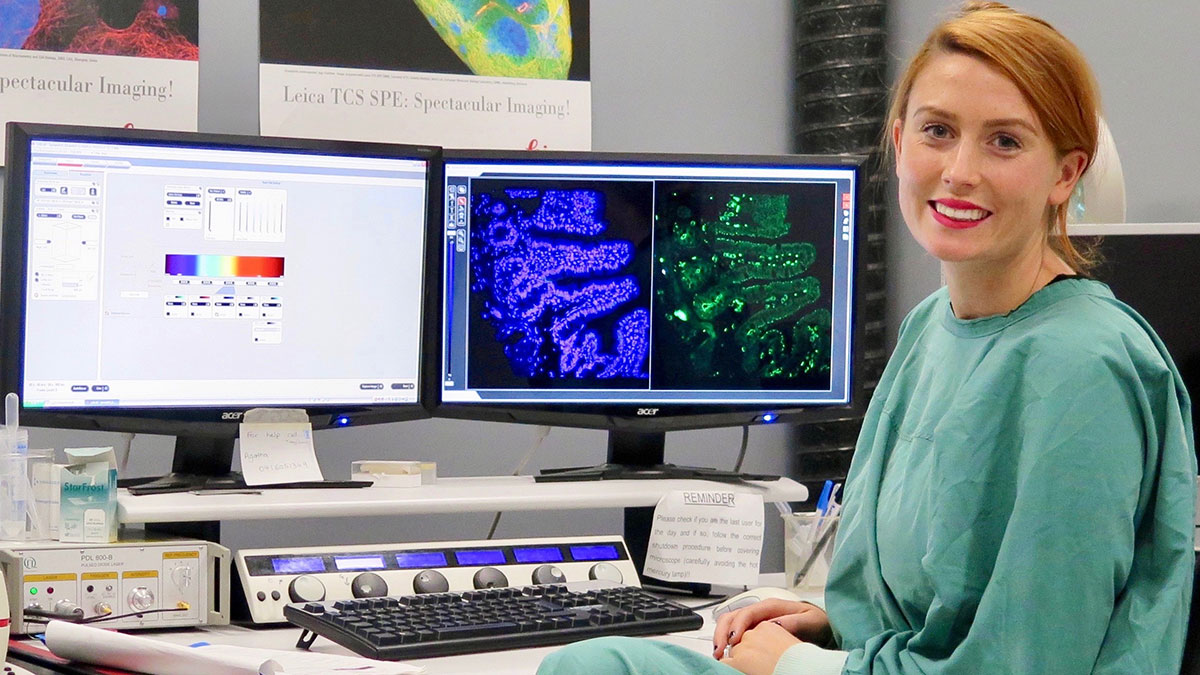
Every September 24, the world unites in its fight against cancer by marking World Cancer Research Day, a collaborative initiative of organizations and researchers worldwide to strengthen commitment to cancer research and spread awareness of its invaluable role in advancing cancer prevention, diagnosis, and treatment.
We also acknowledge how cancer research can help speed up efforts at furthering cancer-fighting innovations, make cancer care available to all, curb the rapidly growing cancer burden, and ultimately bring us closer to a cancer-free reality. Hence, our activities on World Cancer Day, World Cancer Research Day, and every other day are driven by our pursuit to support scientists at the forefront of cancer research.
Here’s a round-up of activities we did for World Cancer Day to celebrate cancer research.
On the value of cancer research, we asked cancer researchers and QIAGENers why cancer research is important to them.
For most, cancer research is important because it unlocks discoveries that drive us to a world where everyone has equal and better chances of getting quality cancer care and living cancer-free lives.
Dr. Hannah Wardill researcher at the University of Adelaide, Australia, tells us that her motivation as a researcher comes from the fact that cancer affects everyone in one way or another. And research and supportive care can make a tangible impact on the quality of life of patients with cancer during and after therapy.
Loss from cancer was a common theme in the answers we received, too, with responses, like Maria Luisa Campobasso’s, Chairwoman of the Works Council, affirming that furthering cancer research will save many lives.
Jens Winter, Vice President, Head of Genomic Services & LS Bioinformatics, says he has seen cancer research bring tremendous progress for cancer diagnosis and therapy. Julian Phillips, Associate Director, Team Lead Foundation Content Marketing, believes that accelerating research will help conquer cancer sooner.
Olusola Ogunbowale, Manager of Public Health and Global Exports, highlights how Africa, a region battling ignorance, poverty, and disease, faces a disproportionate cancer burden. He believes that results from cancer research will make care accessible in low-resource settings and improve the quality of life and lifespan for people with cancer.
Most importantly, efforts at understanding cancer and translating discoveries into advances and therapies have significantly increased cancer survival rates in the last few decades, notes Lim Ee Ling, Account Manager MDx. And “every small step we take now could mean a giant leap toward a cure for cancer in the near future,” she concludes.
We conducted social media polls to inspire conversation on the value of cancer research and see how you recognize certain advances in cancer research.
Thank you to the over 1500 people who voted!
On LinkedIn, we asked you what you think is the next game-changer in cancer research among liquid biopsy, digital PCR, CAR-T-cell technologies, and next-generation sequencing.
CAR-T-cell technologies won, accounting for 39% of the votes, followed by next-generation sequencing with 28%. Liquid biopsy came third with 20%, and digital PCR got 13% of the votes.
The next poll asked which liquid biopsy analyte among cell-free nucleic acids, multiple analytes, circulating tumor cells, and cell-free nucleic acids promises to give the best cancer insights.
From votes cast, circulating tumor cells got the highest vote, with 40% choosing it. Next were multiple analytes, with 26%, and cell-free nucleic acids, with 23%. Exosomes/EVs got the least votes, with 11%.
Results of the LinkedIn polls.
Our dedication to cancer research is all-year-round
Our never-ending support of cancer research is reflected in activities like our regular webinars, free online events where scientists present and celebrate groundbreaking research. You can access them anytime when you log in to your My QIAGEN account and register for any webinars that interest you.
Join us in promoting cancer research. Learn more here.
Let’s work to conquer cancer. Together.
